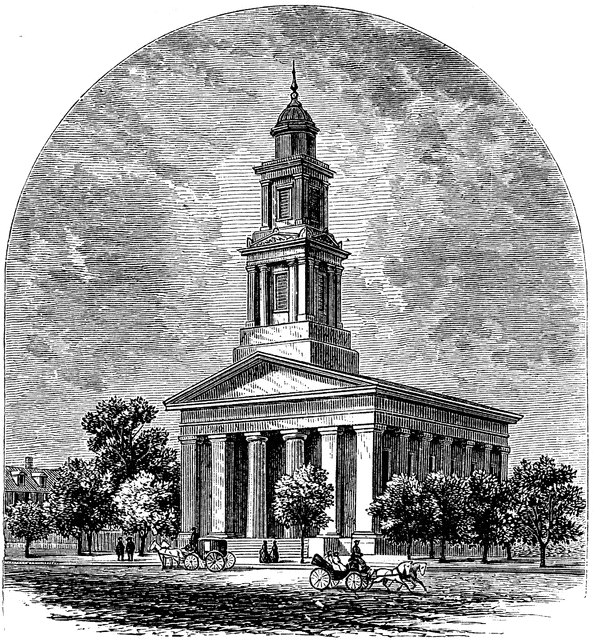Dear Cathedral Family,
Every one of us comes to a point in life at which we feel we are being tested—and we may feel powerless to meet the test. Certainly, as we consider our world in this moment, struggling with war and pandemic, we may well think we are all in a time of testing. We may be asking what God’s will might be.
Always, God speaks to us through scripture. This Sunday our collect acknowledges that “we have no power in ourselves to help ourselves,” and our readings from scripture suggest how God’s presence may strengthen us for the tests we encounter. When God speaks to Moses from the burning bush, sending him to Pharaoh with God’s answer to the Israelites’ cries for help (quite a test!), Moses asks God, “Who am I to do this?” God’s answer is this: “I will be with you.” Paul writes to the church in Corinth telling them that their testing is “common to everyone” and that God is faithful and “will not let you be tested beyond your strength.” In fact, Paul writes, “with the testing he will also provide the way out so that you may be able to endure it.” That way out comes through God’s presence with us.
Those people who have been most keenly aware of God’s presence are the ones we call “mystics.” Most of us think we are too busy or not “spiritual enough” to be like them, but in fact most of them were very active, busy people. After his death in the 14th century, Meister Eckhart became famous as a mystic, but in life he was an active administrator in his order and a teacher at the University of Paris. He wrote about cultivating the inner space in ourselves for God to enter, even in the stresses of life; he called it “detachment.”
Below are some of Eckhart’s words describing that way of being that invites God’s presence. I hope you may find it encouraging as we continue our Lenten journey together.
Faithfully,
Beverly+
Never has God given himself nor will he ever give himself to an alien will. Only where he finds his will does he impart himself and leave himself, with all that he is.
This is the true inner detachment: in it, the spirit stands immovable in the face of everything that befalls it, whether it is good or bad, honor or disgrace or calumny, just as a broad mountain stands immovable in the face of a little breeze.
There is nothing a person is able to offer God that is more pleasing to him than this kind of detachment. God cares less for our watching, fasting, or praying than for this detachment. God needs nothing more from us than a quiet heart.
No one must imagine that it is impossible to attain this, for it is God himself who does it. Some may say they do not have it. To this I say that I am sorry. But if you do not desire it, I am still more sorry. If you cannot have it, then do have a longing for it! And if you cannot have the longing, then at least long to have the longing!
Because of this the prophet says, “I long, O Lord, to have a longing for thy righteousness.”
That we may desire God in the sense that he may be born in us – may God help us to this!

Комментарии